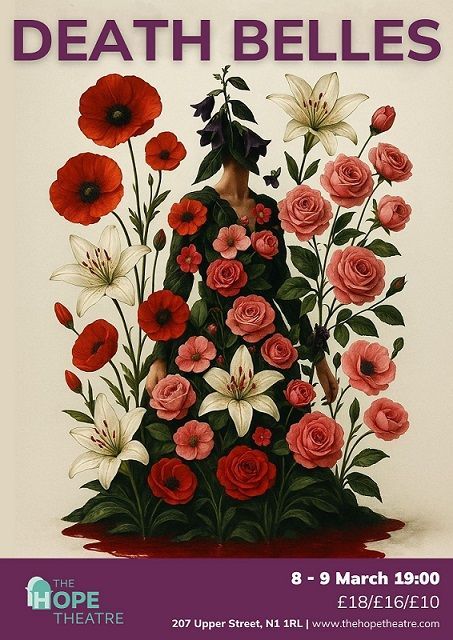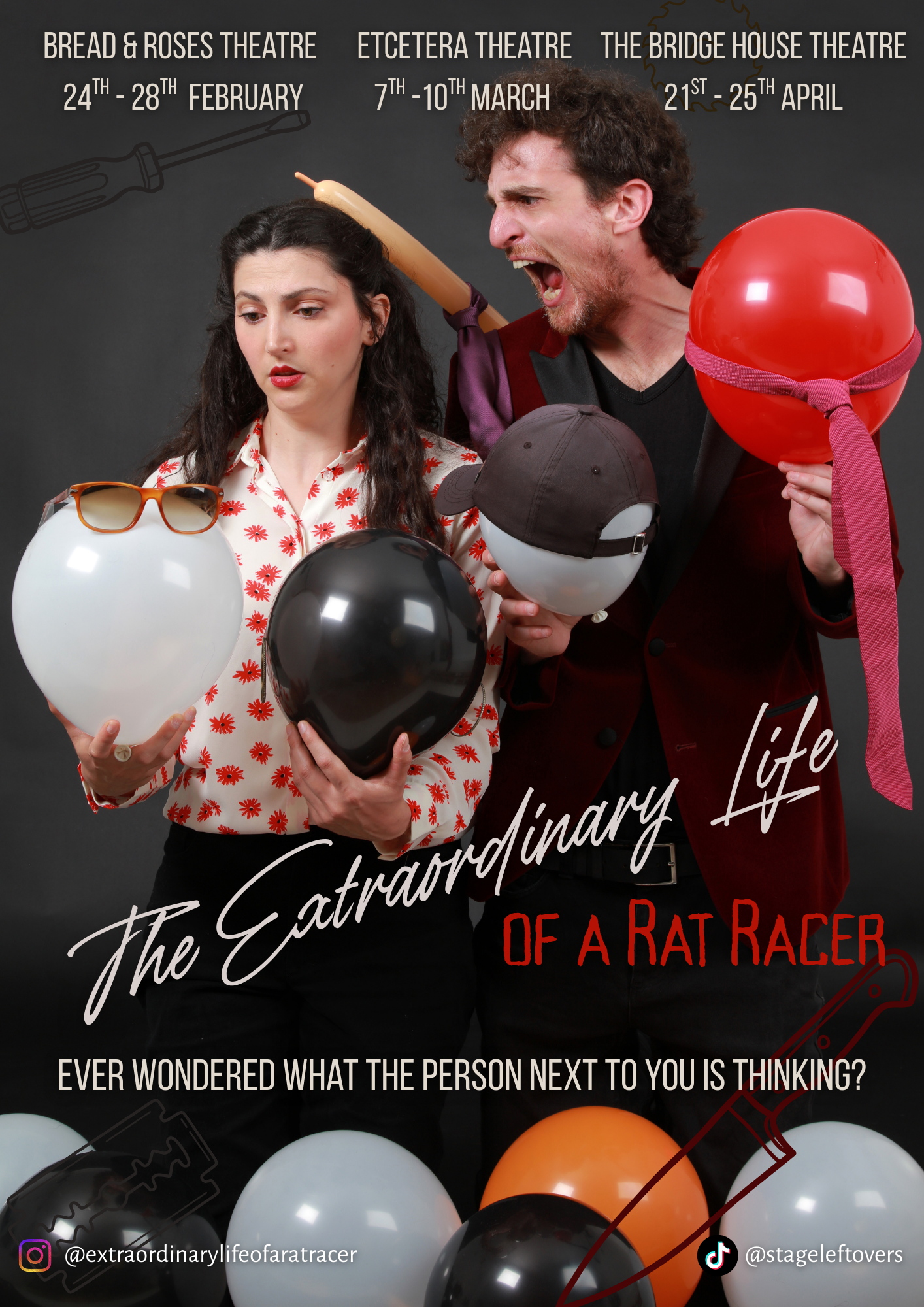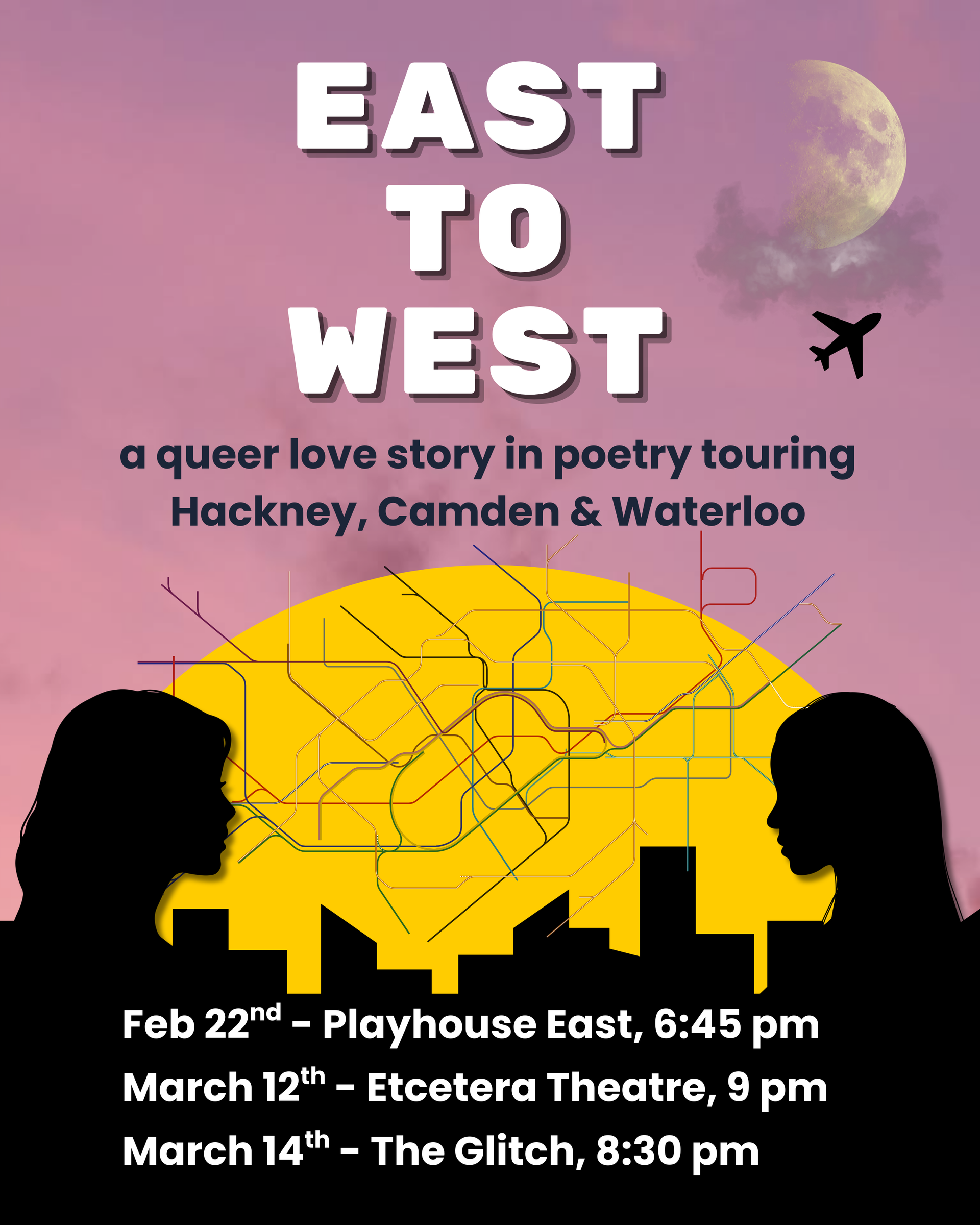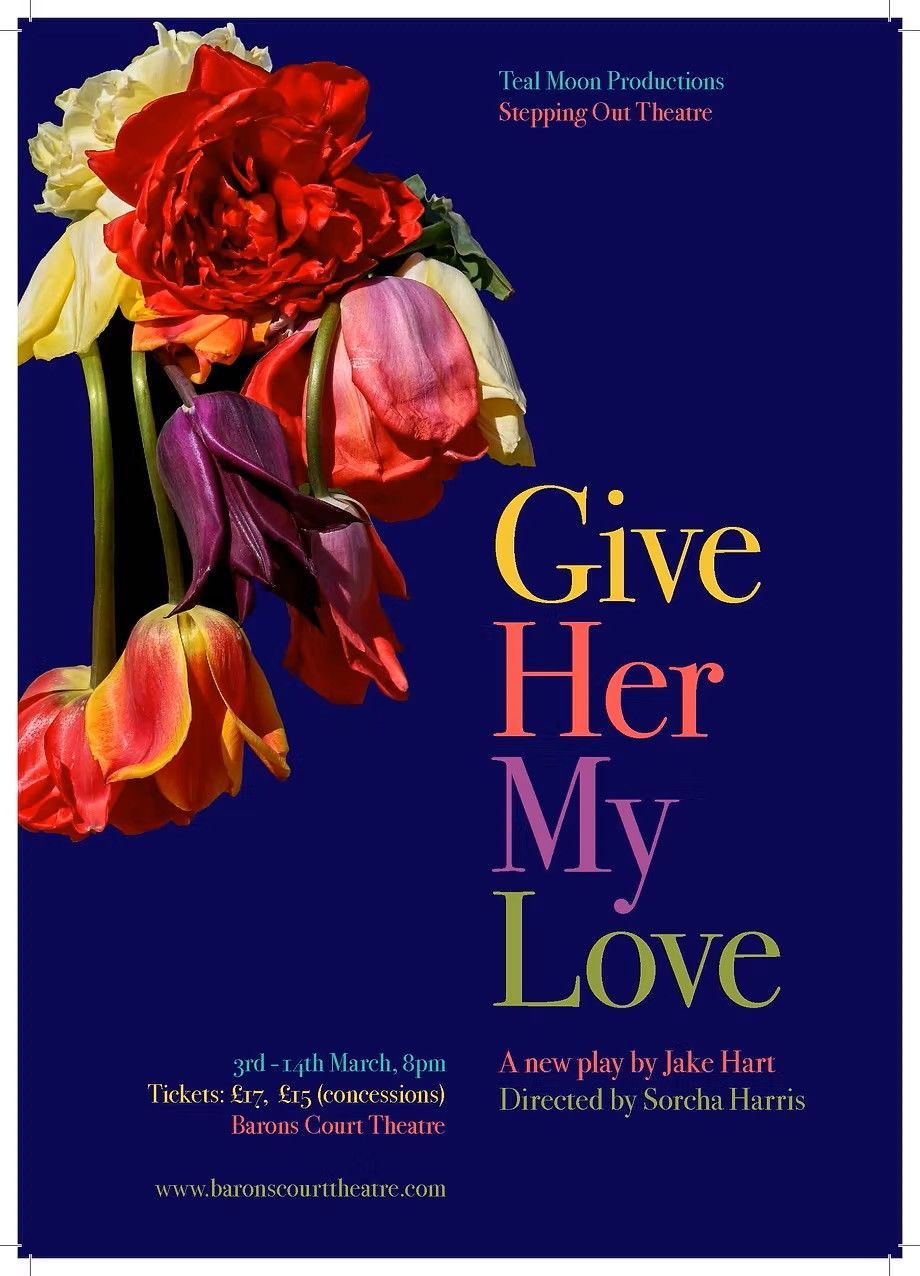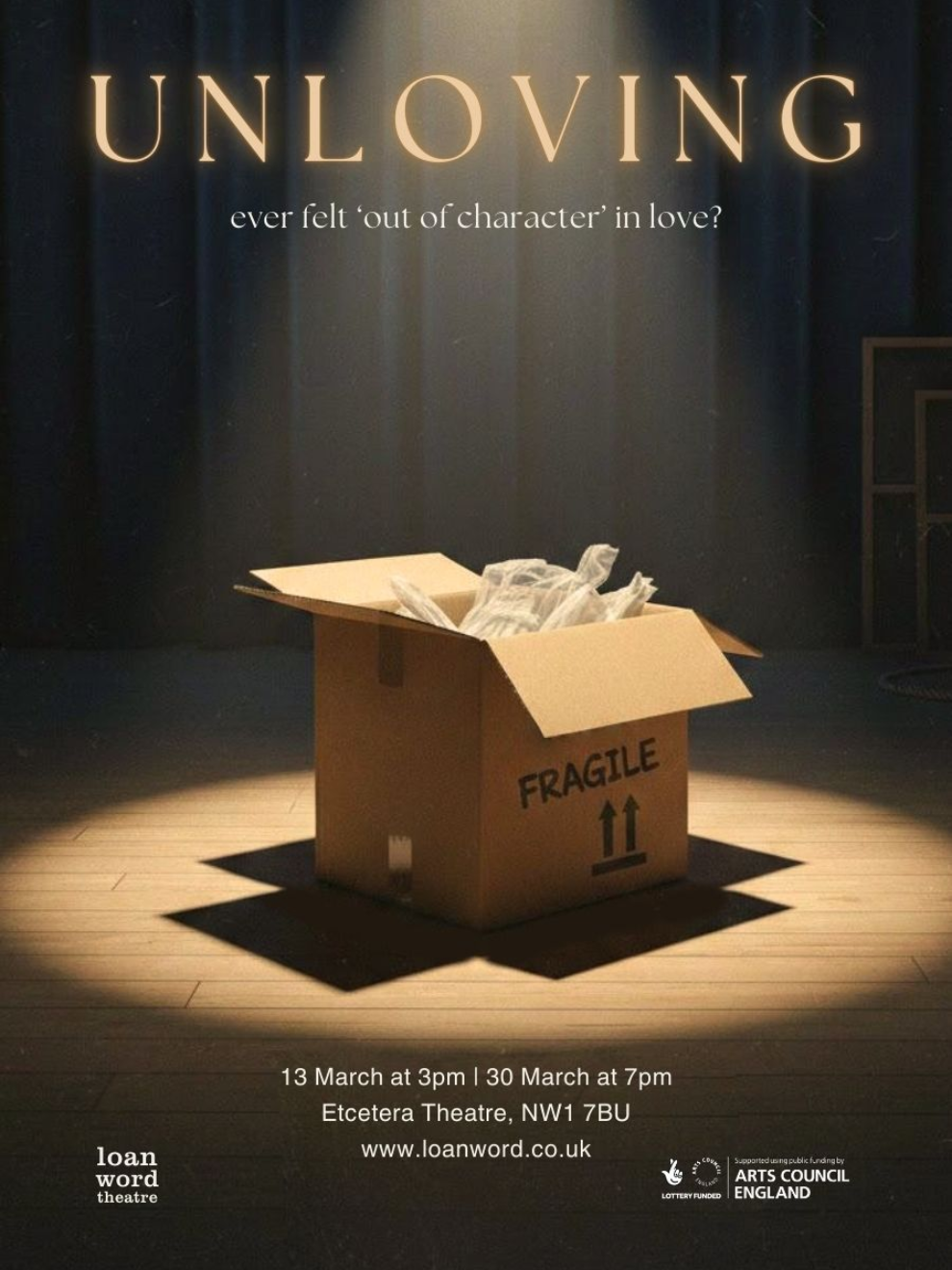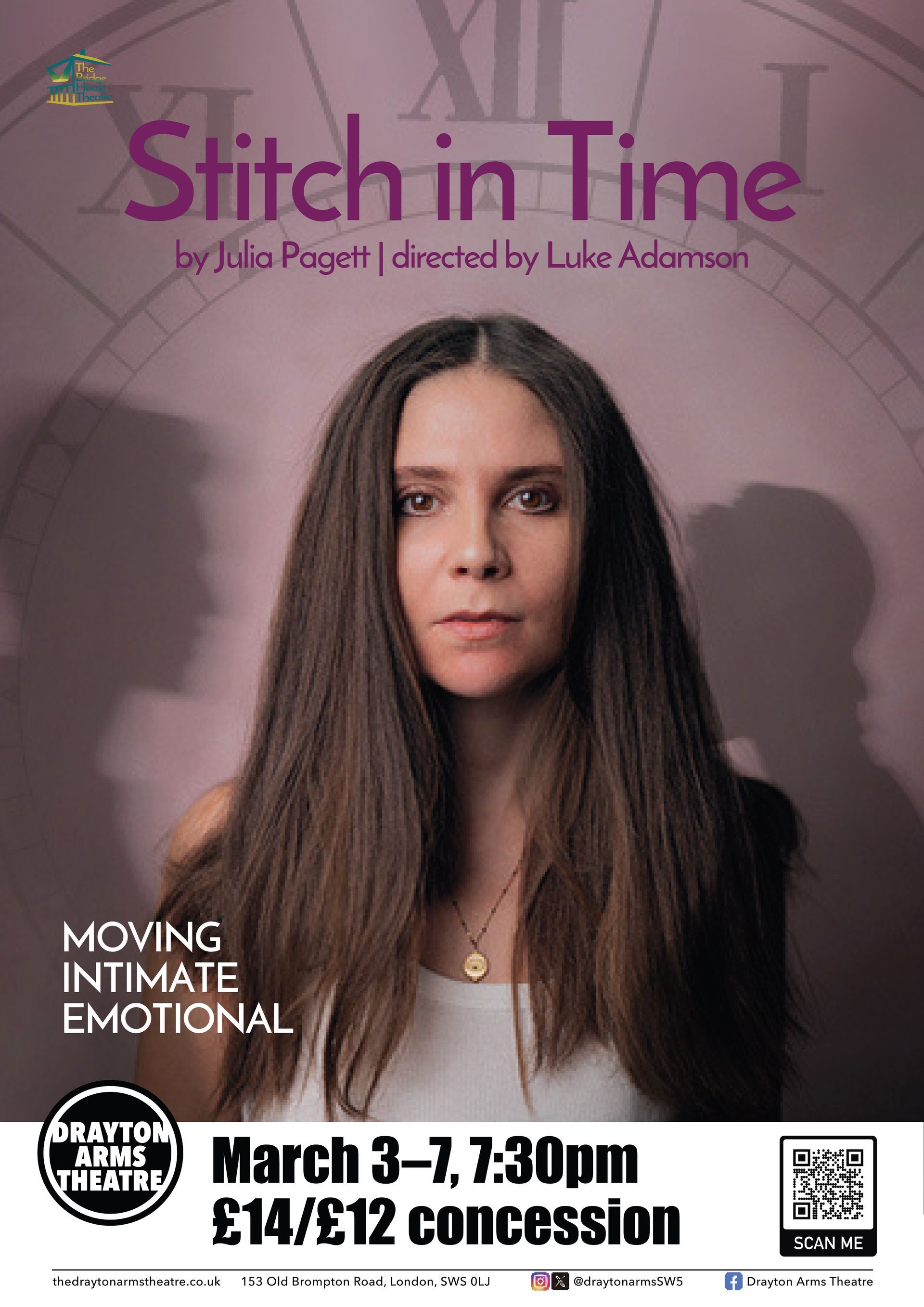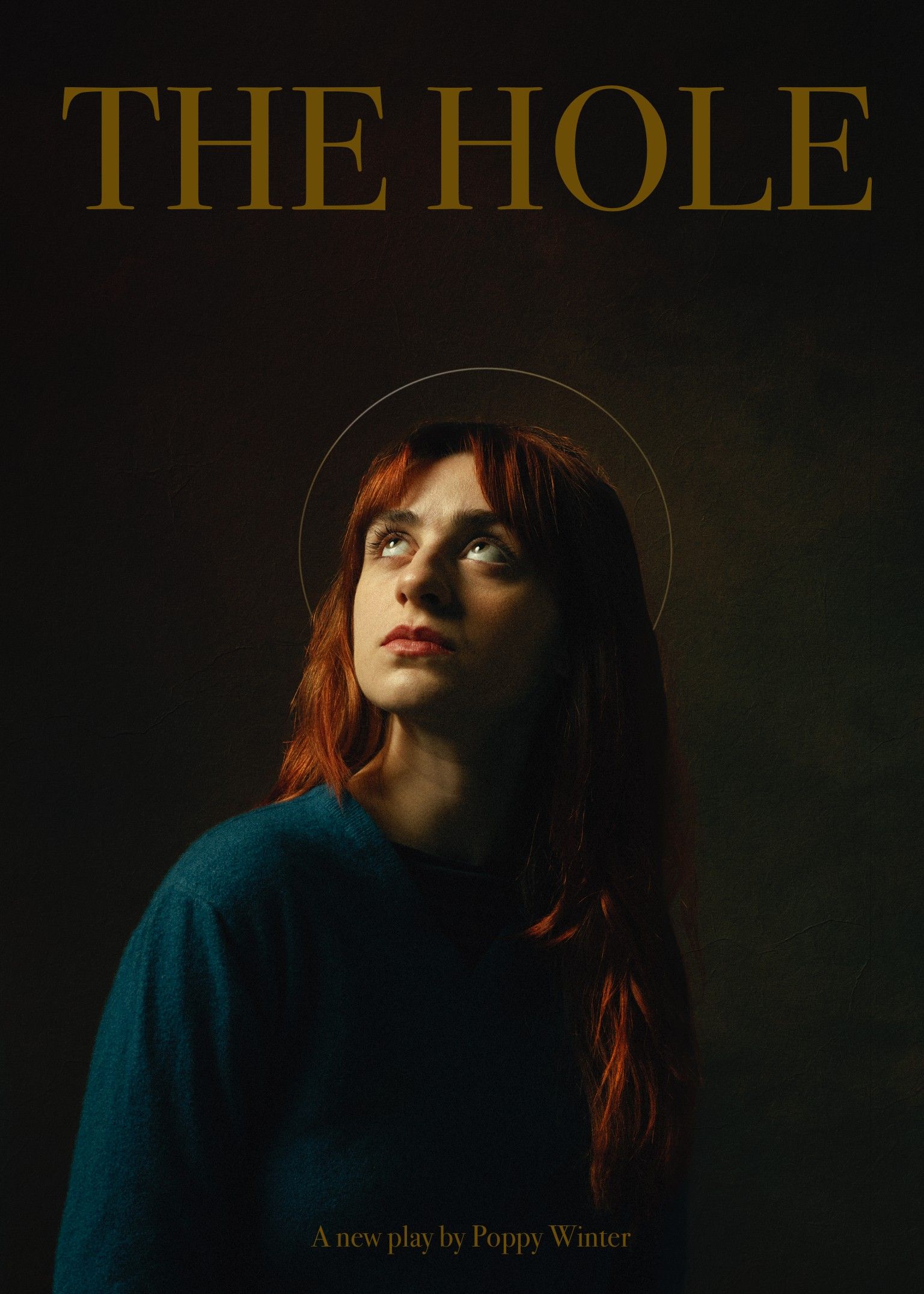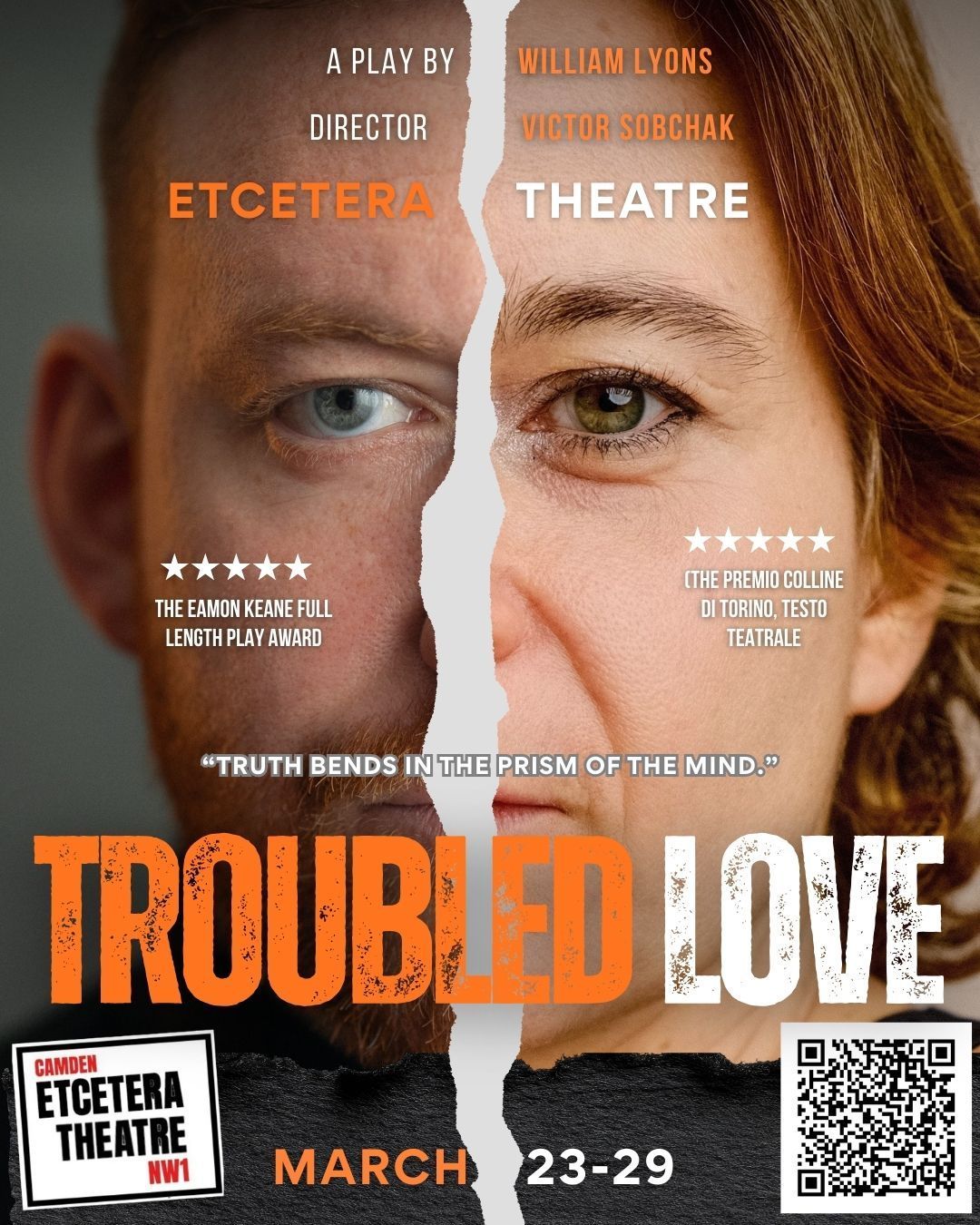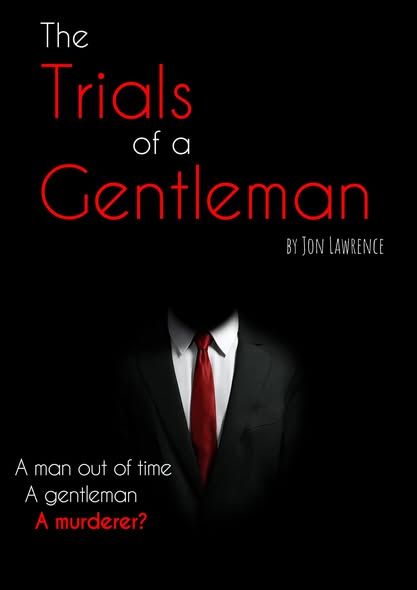REVIEW: The Flying Dutchman by OperaUpClose at Grand Junction, 12 - 14 July (touring 28 June – 23 July)
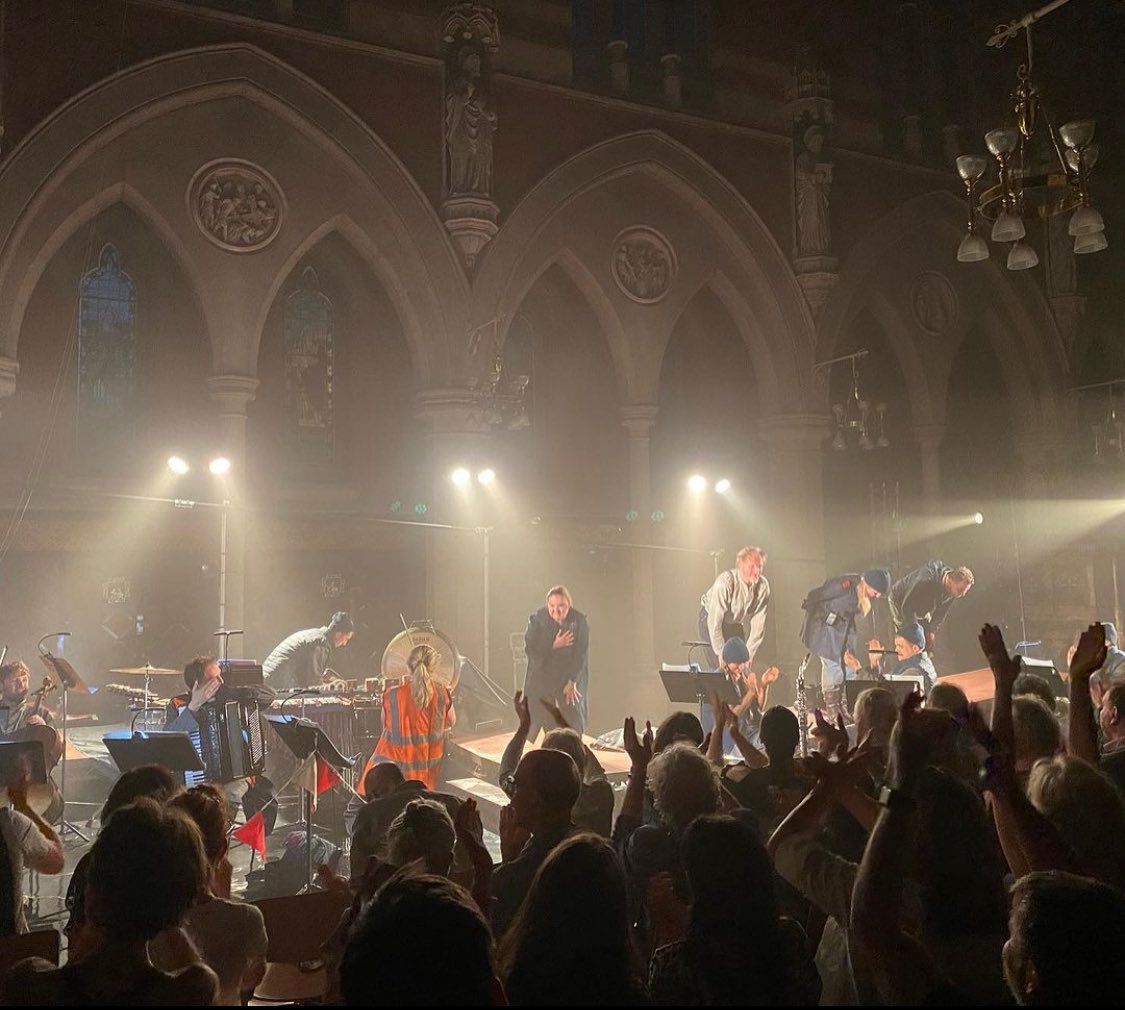
‘Maybe we should all be forced to think more about what is out of sight and beyond our own experiences, and maybe that experience should be a little painful.’ ★★★ ½
As I entered the Grand Junction arts venue at St Mary Magdalene Church, I was struck – physically – by a wall of theatrical fog (albeit made of harmless water vapor). The fog is a literalization of Glyn Maxwell’s statement in his introductory note to the libretto of this loose English adaptation of Richard Wagner’s The Flying Dutchman that, in his version, “No one sees anything for what it is.” But it also felt to me like a heavy-handed attempt at realism, an attempt to conjure a seaside atmosphere that the music and words might have been trusted to conjure on their own. But perhaps too the physical discomfort of sitting in this billowing haze matches the discomfort of realizing you are sitting in the dystopian future this adaptation evokes. The fog and my struggles with it felt like an emblem of my attempts to understand this production – it felt like too much, or not enough, but maybe that was the point?
There is a lot to like, even to admire, about this adaptation that tries to wrestle the helm of Wagner’s nineteenth century opera about the redemptive power of undying love into a reflection on the perils of anti-immigration rhetoric. The production is impressively performed in a new orchestration by Laura Bowler by a very small ensemble of singers and musicians, and at times even the conductor joined in the singing. But there is also a lot to feel sceptical about. A moment in which the villagers sing about how they don’t want to look away from their screens feels crowbarred in (I couldn’t stop thinking that the next step could be an adaptation of Tristan and Isolde about how TikTok stunts can go wrong) and the idea of the “Wave,” a mechanism for sinking refugee ships, though chilling and rooted in real political rhetoric, felt underdeveloped in production to the extent that I wondered whether I would have picked up on it at all had it not been explained in the program. Although Maxwell claims to have “no appetite for a tale of undying love,” through the excellent, convincing performances of Philippa Boyle as Starlight and Pauls Putnins as the Mariner, the love story is still the emotional heart of the piece. The Mariner’s reflection on his loneliness, Starlight’s explanation of her dreams of a mysterious figure, and their meeting and deaths were the moments when I felt most connected to the production, the story, and the music. This feels wrong, as the production is actually telling a story of the death of people (never seen but only, hauntingly, heard) smuggled in the Mariner’s boat and doomed by the Wave, but, perhaps because these unnamed people are never seen, their fates feel more abstract (and again, I might not have picked up on their presence or fate at all had I not read the program notes and libretto). The Mariner thinks these people are figments of his imagination at first, and they might as well be for all we ever find out about them.
Again, it felt like the production was struggling against itself in trying to argue that we should care about the deaths of people we can’t see and don’t know anything about – a point that is absolutely true ethically and politically but strangely contradicted by the opera’s focus on the tragic deaths of the central pair and not the migrants they are trying to save. The depiction of these beautiful deaths for love was more gripping emotionally than the distant tragedy. I wasn’t convinced Wagner’s opera itself was wholly on side, and its beauty was part of the problem. Like the villagers transfixed by their screens and unable to see the suffering around them, I was transfixed by the tragic operatic love affair unfolding right before me.
There is something really compelling in taking a piece and turning its politics around. This is true especially in the case of Wagner, whose politics are somewhat suspect anyway. Smuggling some empathy and warnings against xenophobic impulses into a piece that is not about those things feels like a net good – but perhaps there is still something too subtle about the way it is done, or something that doesn’t completely overtake the opera’s conservative focus on the love story at the cost of everything else. I find myself still perplexed by this difficult, compelling production. I was crying because of the fog but I think my headache was partly to do with the opera. But maybe we should all be forced to think more about what is out of sight and beyond our own experiences, and maybe that experience should be a little painful. (Still, less fog please.)
The Flying Dutchman, Grand Junction, new English version by Glyn Maxwell, orchestration by Laura Bowler in association with Robin Wallington. Based on an original concept by Lucy Bradle
SS Great Britain Bristol (4-5th July)
Worthing Pavilion (7-8th July)
Grand Junction London (12-14th July) – press night Thursday 13th July
Trinity Market Hull (18-19th July)
Invisible Wind Factory Liverpool (22nd - 23rd July).y. Presented by OperaUpClose in partnership with Manchester Camerata.
https://www.operaupclose.com/the-flying-dutchman.
Cast:
Starlight Philippa Boyle
Captain Dee Timothy Dawkins
Helm/Mari Carolyn Holt
Mariner Pauls Putnins
Reviewer Clio Doyle is a playwright and university lecturer.
